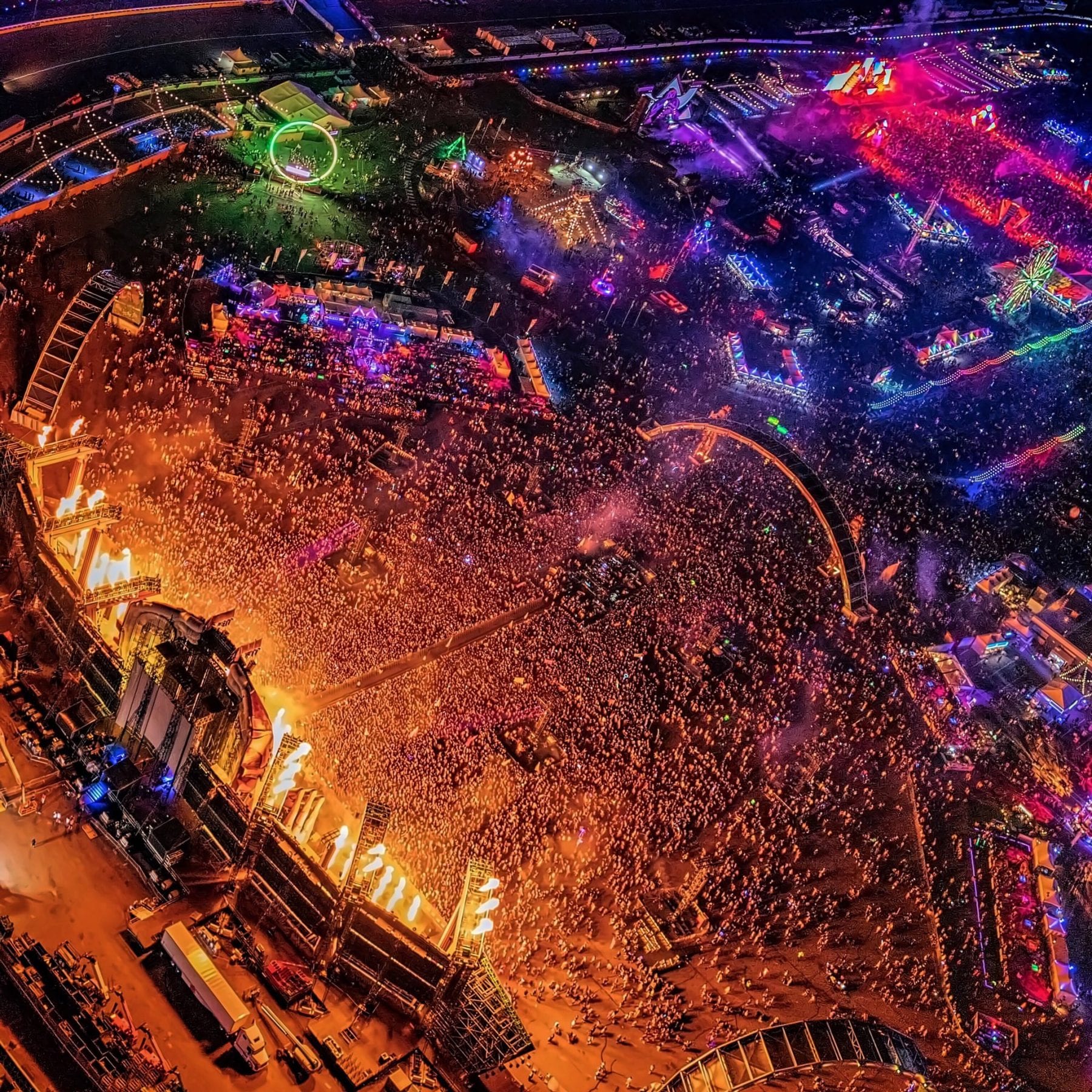Over the last few weeks, every time you open social media you are greeted with a new festival update. Whether it’s an established festival sharing its return dates or a new festival announcing its first event, it seems like every weekend for the rest of the year is fully booked with events. With the distribution of the vaccine, it is becoming increasingly possible to bring festivals back to the states. And all of these festivals are wasting no time with planning.
However, just because there is a vaccine doesn’t mean that the world is immediately safe. While we are hoping that those who can get vaccinated will and herd immunity will promote safety for the rest, it is highly possible that these events could be breeding grounds for the next wave of COVID. If that happens, not only will the members of our community be at risk, but the rave industry in its entirety will be under scrutiny from the public.
There is logic on both sides of if raves should be coming back so soon or not. On one hand, the idea of thousands of people bouncing together in mass crowds is terrifying from a health standpoint. Even before COVID, many people left raves feeling ill due to the overwhelming contact with people and lowered immune systems from the taxing effort put on our bodies. Therefore, it only seems reasonable that an event like this could lead to another mass outbreak of the virus. A question a lot of people and companies are facing now is if rushing the reactivation of festivals will lead to the end of raves as we know it. That sounds dramatic, we know, but it’s not out of the realm of possibilities.
This would not be the first time that raves almost went extinct. Back before raves were commercialized and heavily regulated with security, the health hazards of attending festivals were no small consideration. With festival-goers regularly hospitalized for drug use, dehydration, or any other harm to their bodies, there were several initiatives pushing for the cancellation of raves completely. These initiatives were pushed for when the only concern was for the people attending these events. Now, with the possibility of COVID spreading past the rave back to the families and friends of the attendees, the damage has a much greater potential.

On the other hand, if raves do not come back now, then when should they? Many states are distributing the vaccines openly to the public this month, meaning that within the next few months, most people will have the option to be vaccinated. On average, the vaccine is being distributed at a staggering 2.77 million doses a day. And that’s just within the first week of it being immediately open to the public. So, by the time that these festivals are scheduled to happen, it seems highly possible that everyone who plans on getting vaccinated will be. Therefore, why wait? If everyone who wants to be vaccinated by this summer will be, then it is highly probable that the same group of people who didn’t want to be vaccinated still won’t be by next festival season.
Even more so, if festivals put an emphasis on health standards, it could alleviate some of the stress. While people can be advised to get the vaccine, there are ethical concerns with mandating it. However, it seems fairly unproblematic to ask festival goers to provide proof of vaccination or a negative COVID test result before entering the event. We have to believe that if a raver knows they are not COVID free, they will make the choice to stay home and keep the community safe. While the virus is bound to slip through the cracks, putting practices like this in place could be the difference between dozens or thousands of people getting sick.
We are all sick of hearing about these “unprecedented times”, but it has been the mantra of 2020 for a reason. These times are bizarre, they are unpredictable and there is no clear path on what to do next. Regardless, festivals are back and the only thing left to do is wait, watch and see what happens next. If you choose to go to a festival, just be smart about it. Follow the health guidelines and do your part to keep our community safe.

Featured photo by Bryan Kroten







